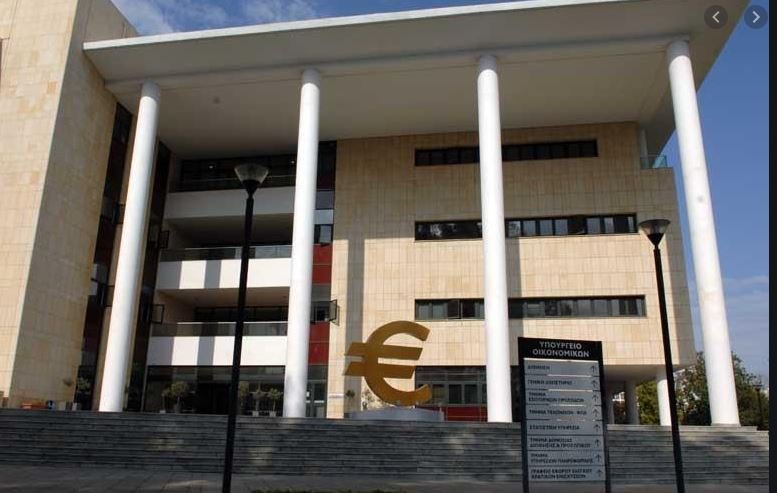High levels of private debt continue to stifle the growth of Cypriot banks, increasing fiscal vulnerability and negatively impacting credit availability, ratings agency Moody’s said on Monday.
The agency’s report takes into account the latest data provided by Central Bank of Cyprus governor Constantinos Herodotou, which show that less than 10 per cent of non-performing exposures (NPEs) transferred out of the banking system have been settled.
According to a memo shared by Herodotou with the House finance committee, a total of €19.2 billion of non-performing exposures have been transferred out of banks, with €1.8 billion (9.375 per cent) of those have been repaid, either through cash payments or through the exchange of real estate against debt. This leaves the balance of NPEs outside of the banking system at €17.4 billion.
“Even though they are not inside the banking system, and are not part of the banks’ balance sheets, these NPLs remain part of the overall burden on the economy,” Moody’s said in their report, adding that this damages banks.
According to the agency, the high levels of indebtedness make the economy vulnerable to shocks, limiting banks ability to offer attractive lending opportunities and consequently restricting the growth of their loan portfolios.
The agency explained that significant private debt could also potentially weigh on private consumption, as the numerous borrowers who have fallen behind with their obligations may begin to repay their non-performing loans.
According to Moody’s, based on the data by the central bank, the private debt ratio corresponded to 92 per cent of GDP in September 2021, and is among the highest in the eurozone, despite its decline from 192 per cent of GDP at the end of 2017.
The agency also noted that Herodotous’ comments that € 17.4 billion in loans are held by asset management companies reflect the stunted reduction in total private debt over the past three years.
“Excluding loans held by asset management companies, the private sector lending rate rises to 174 per cent of GDP at the end of September 2021, indicating a limited reduction in both the general debt, as well as in household and business deleveraging during that period,” Moody’s said.
The report recapped Cyprus’ major non-performing loan transactions, including the winding down of the Cyprus Cooperative Bank and the transfer of NPLs to state-owned Kedipdes, as well as major NPL sales by the Bank of Cyprus, with the latter being worth a combined €4.7 billion, corresponding to 22 per cent of all NPEs in 2017.
“As a result, despite the difficult market conditions, the loan portfolio quality of Cypriot banks is improving, because they have reduced the stock of their non-performing loans, by selling or transferring them to asset management companies,” Moody’s explained.
“High levels of general debt, combined with a small, saturated market that limits potential growth, mean that profitability may take longer to recover than other banks, such as in Greece or other European countries,” Moody’s concluded.







Click here to change your cookie preferences